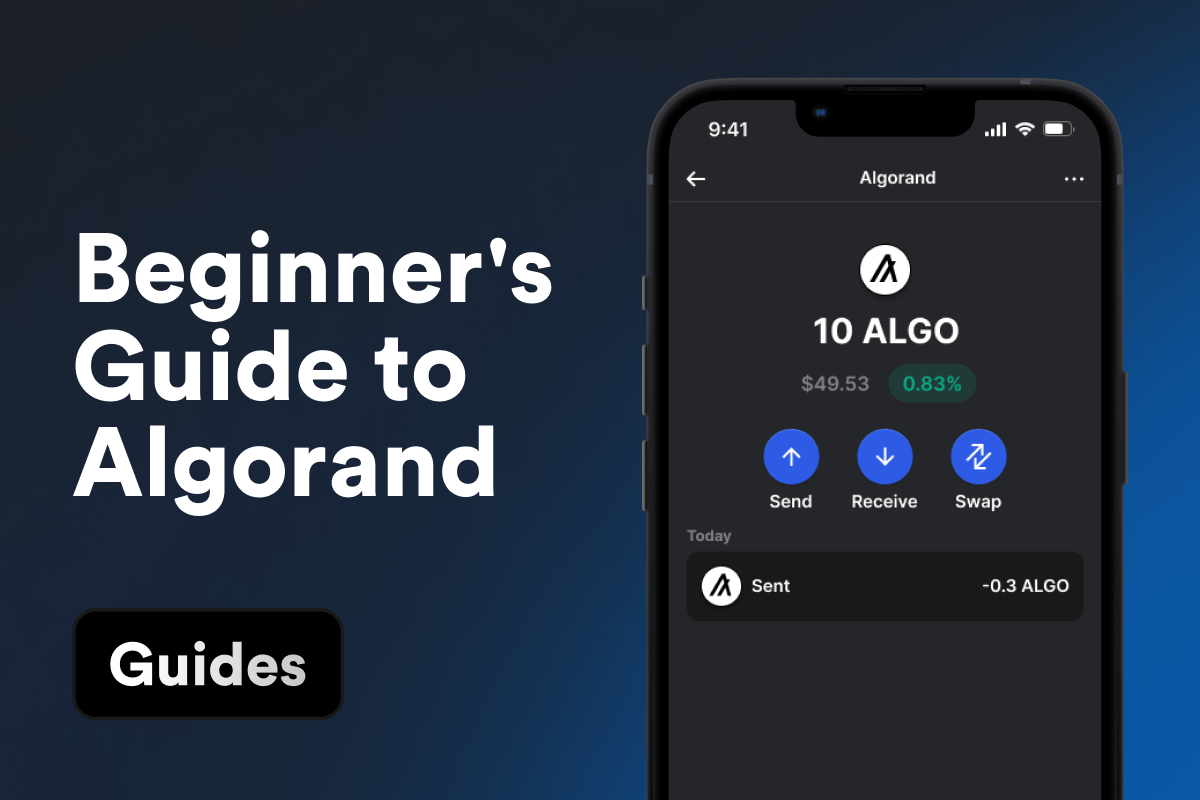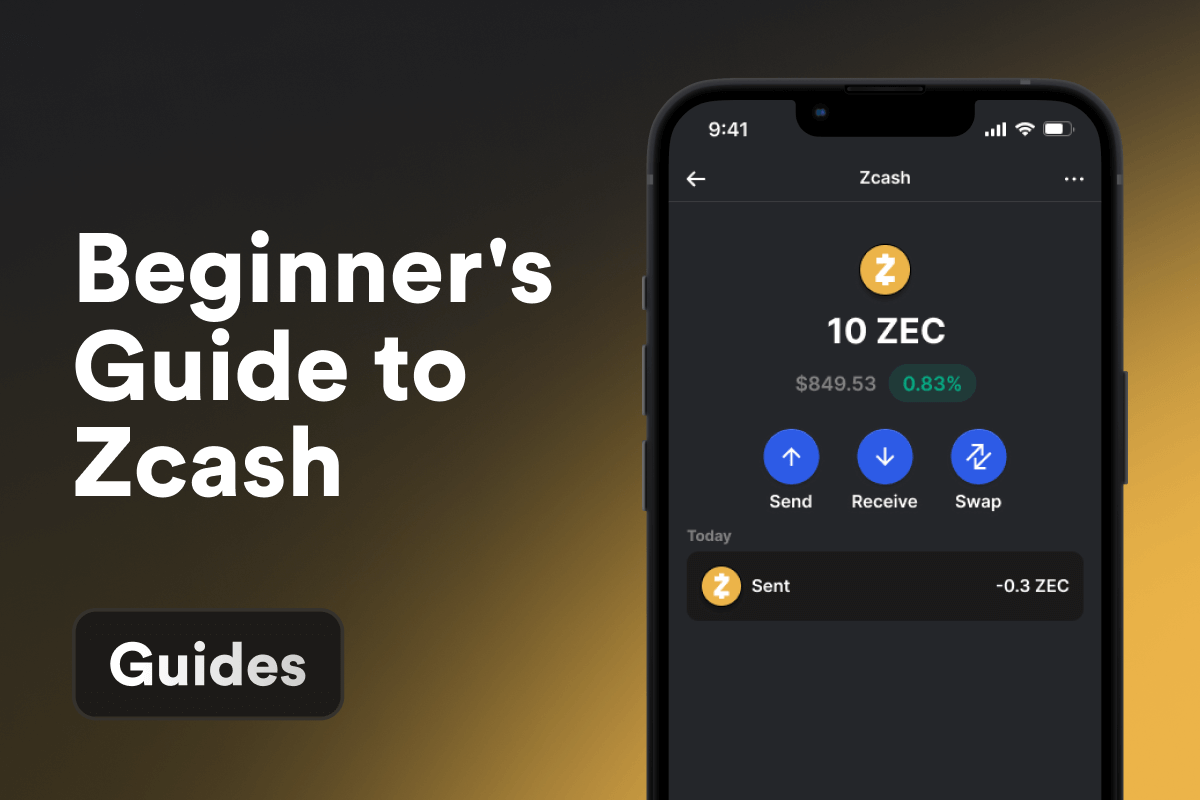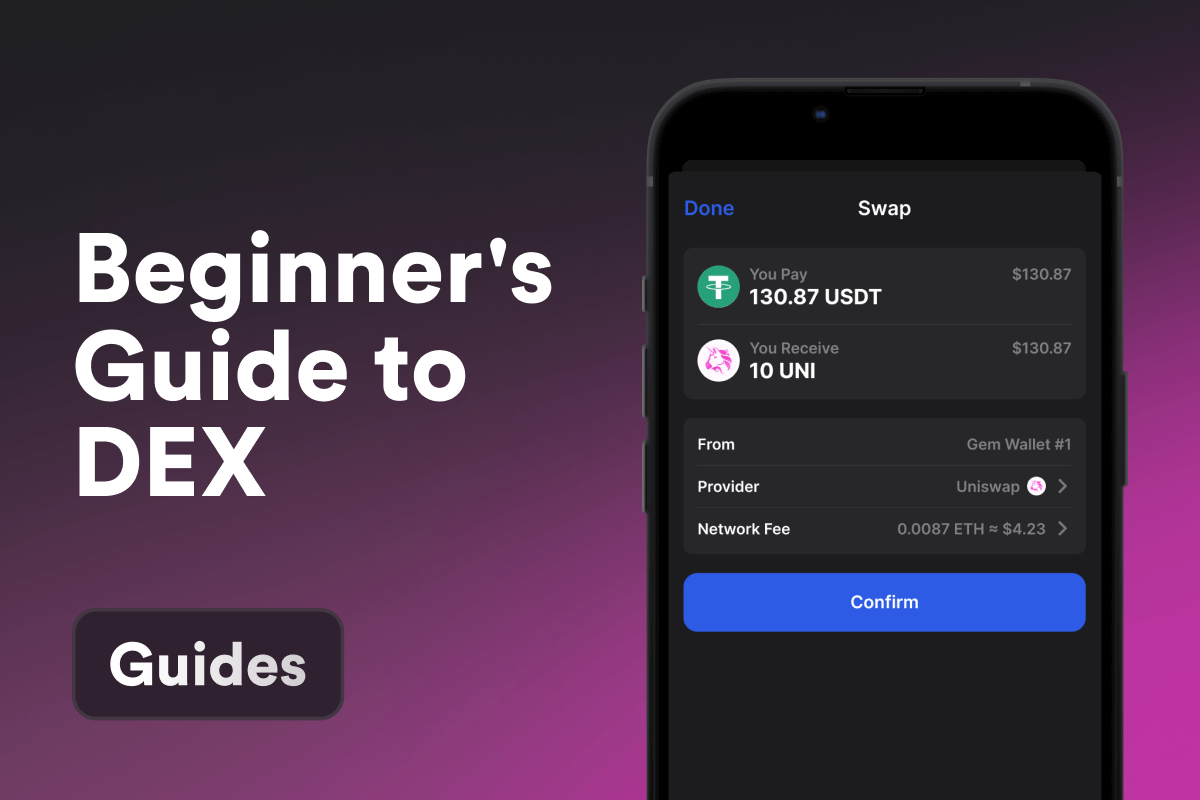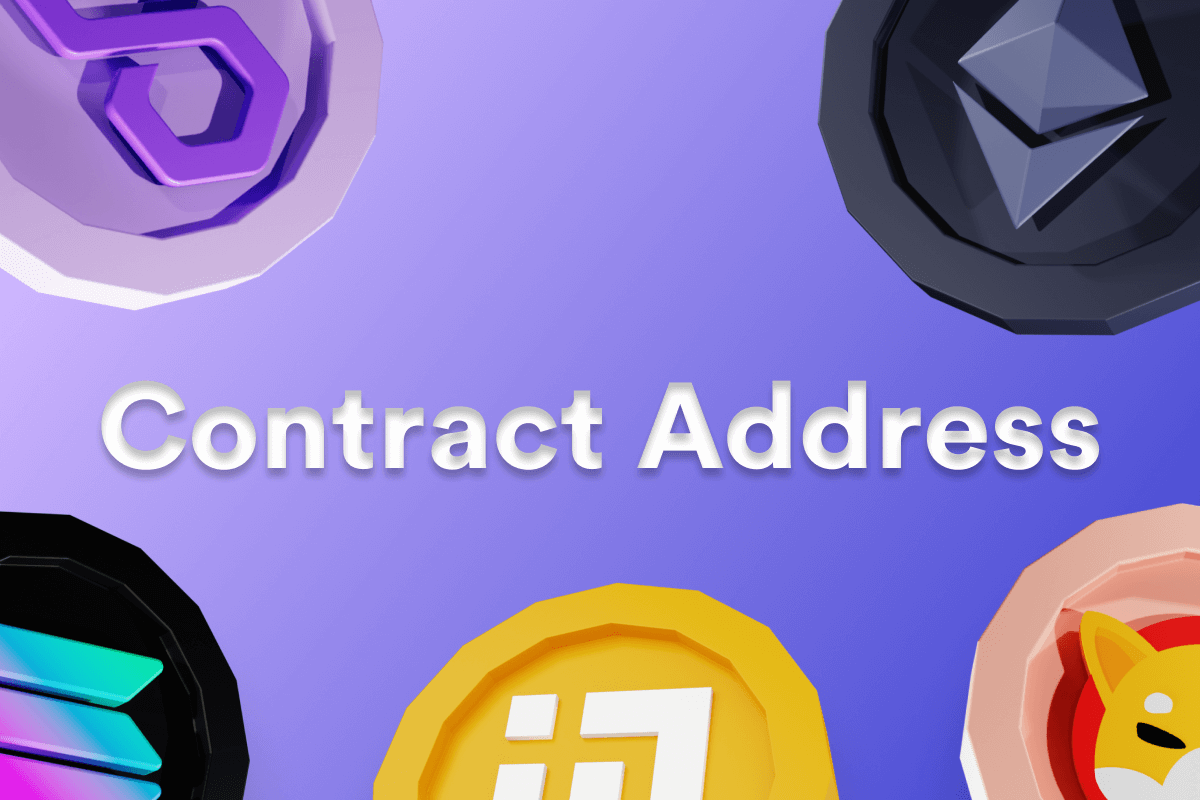
What Is Algorand Blockchain?
Algorand is a high-performance blockchain platform designed to solve the blockchain trilemma of scalability, security, and decentralization. It operates using a unique Pure Proof-of-Stake (PPoS) consensus mechanism, ensuring fast, efficient, and eco-friendly transactions. Unlike many other blockchains, Algorand achieves near-instant transaction finality, making it a preferred choice for developers and enterprises worldwide. Its native token, ALGO, powers the network, enabling transactions, staking, and governance while maintaining a user-friendly experience for all participants.
Brief History and Development
Algorand was founded in 2017 by Silvio Micali, a Turing Award-winning computer scientist known for his groundbreaking contributions to cryptography. With a vision to overcome the inefficiencies of existing blockchain networks, Micali aimed to create a system that combined speed, security, and decentralization. The Algorand mainnet launched in June 2019, quickly proving its capabilities by processing over 1,000 transactions per second with negligible fees. Since its launch, Algorand has grown into a robust blockchain ecosystem, supporting decentralized finance (DeFi), supply chain solutions, NFTs, and various enterprise applications.
What You Need to Know About the Algorand Ecosystem
The Algorand ecosystem is a user-friendly space designed to support various blockchain-based projects. It provides all the tools developers need to build secure, fast, and reliable applications for different purposes. Here’s a closer look at the key features of this ecosystem:
-
Pure Proof-of-Stake (PPoS): Algorand uses a unique consensus mechanism called Pure Proof-of-Stake (PPoS). It randomly selects validators for new blocks based on their ALGO holdings, ensuring fairness and decentralization. Unlike traditional mining, PPoS doesn’t rely on energy-intensive processes, making it environmentally friendly.
-
Scalability: The Algorand network can handle a high number of transactions at the same time. It processes up to 10,000 transactions per second (TPS), making it one of the fastest blockchain platforms. This allows it to support large-scale projects such as payment systems, gaming platforms, and enterprise solutions.
-
Security: Algorand provides a high level of security for data and assets. Advanced encryption techniques protect the network from hackers and other threats. Its decentralized nature eliminates single points of failure, making it more reliable.
-
Low Transaction Fees: Transactions on the Algorand network are extremely affordable, often costing less than a cent. This makes it suitable for everyday use and attractive to developers who need low-cost solutions for their applications.
-
Smart Contracts and Decentralized Applications (DApps): Algorand supports Layer-1 smart contracts, enabling developers to create decentralized applications (DApps) for a variety of industries. Whether it’s DeFi platforms or NFT marketplaces, Algorand’s speed and flexibility make it ideal for innovative projects.
-
Sustainability: Algorand prioritizes environmental sustainability. The network has a minimal carbon footprint and fully offsets it to maintain carbon neutrality. This focus on eco-friendly technology appeals to users seeking sustainable and secure blockchain solutions.
Algorand is a powerful blockchain platform that combines speed, security, and sustainability. Learn more about its benefits and features: What Is The Algorand Blockchain?
Native Token for Algorand (ALGO)
ALGO is the token at the core of the Algorand blockchain. It enables users to conduct transactions, participate in network governance, and enjoy all the benefits of the ecosystem. Its ease of use and well-defined token distribution make ALGO an essential part of the network. This token supports platform growth while maintaining a balance between convenience, security, and sustainability.
Algorand Tokenomics
The Algorand network has a capped supply of 10 billion ALGO tokens. This limitation ensures scarcity, which helps preserve the token’s value in the long term. ALGO is distributed for various purposes:
-
Rewards: Users earn ALGO for participating in governance and securing the network.
-
Ecosystem Development: A portion of the tokens is allocated to support new projects, applications, and other initiatives that enhance the network’s utility.
-
Governance: ALGO holders can vote on significant changes, influencing the future direction of Algorand.
Getting Started With Algorand Blockchain
This step-by-step guide will show you how to easily start using the Algorand blockchain and unlock its full potential.
Setting Up an Algorand Wallet
The first step is to set up a wallet compatible with the Algorand blockchain. A great option is the Algorand Wallet, an open-source, self-custodial solution. The wallet features an intuitive interface that allows you to securely store ALGO tokens and manage digital assets. It’s suitable for both beginners and experienced users.
Acquiring ALGO
To start using the Algorand blockchain, you’ll need ALGO tokens, the native currency of the network. You can acquire ALGO in several ways: transfer tokens from an exchange account, receive them from other users, or purchase them directly using a credit card through a wallet. This process is simple and convenient, reducing the risk of errors and saving time.
How to Stake ALGO
Staking ALGO tokens is a great way to actively participate in the Algorand network. By staking ALGO, you help ensure the security and decentralization of the network while earning rewards. Algorand’s Pure Proof-of-Stake (PPoS) consensus mechanism makes staking energy-efficient, straightforward, and accessible to everyone.


